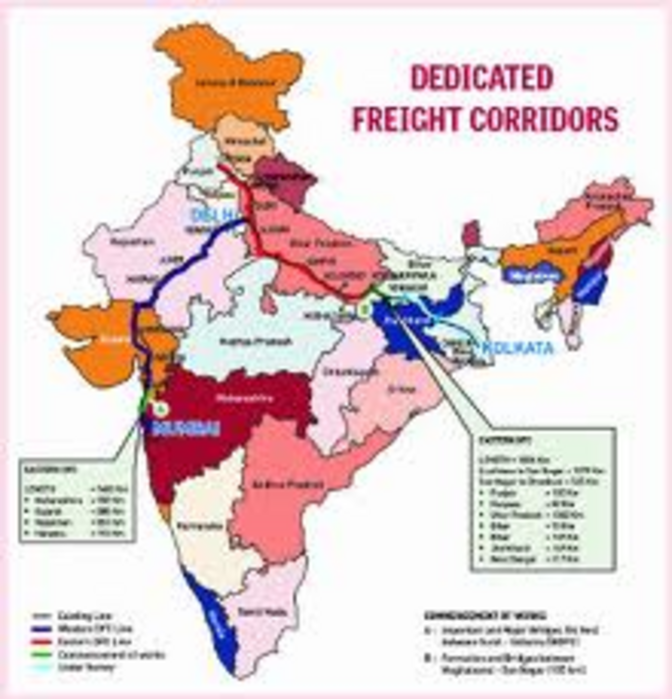Masaru wrote:
Now, Japan is unique and lucky to be isolated from continental power games and can afford to be insular. Regardless of all the modern advances in military technology the sea offers a natural protective barrier which is not available to continental powers like India/China and Korea. So the Japanese view point fashioned by the natural protection as well as the post war pacifist government under the nuclear umbrella of US is not feasible for India.
In this day and age, the sea is not a protective barrier, and an island can become a prison. With military advancement, some day PRC could feel emboldened enough to put a naval blockade on Japan, or take over some island group, the Japanese claim as theirs, or simply sink some Japanese ship.
Whatever the context of the skirmish, the Japanese would feel threatened. If the US does not respond appropriately the Japanese would be forced to respond. Then the Japanese would see, that the sea is not a natural protective barrier, but an open arena where one can get a bloody nose all too often, with no option of withdrawing from the arena.
Japan is not on a planet light years away, but rather in the middle of everything.
Masaru wrote:It may not be feasible for Japan itself as US power wanes and it ceases to be the pre-eminent Pacific power. This point needs to be understood to keep the sanctimonious lectures in perspective before indulging in abusive accusations.
Sanctimonious lectures by the Japanese to Indians irk Indians no end. It is like when you extend your hand of friendship, the other fumbles in his pocket, and puts on his glove beforehand.
Japan has stopped being the one developed country in Asia. There are many more. That is reality. The US security umbrella is not foolproof. Japan would have to get its hands dirty in the geopolitics of Asia.
If the term 'jap' reminds you of a derogatory term from a time when Japan was on a run in Asia and it makes the Japanese confront that part of history, the sanctimonious lectures imply a derogatory way of looking at India as well. With sanctimonious lectures the Japanese are calling Indians a
morally deprived people. The sanctimonious lectures would have to go, and Japan would have to come down from the high horse when dealing with India.
Masaru wrote:As far as the support for Paquis go you will find bigger and more dangerous supporters of those barbarians in the WKKs in power, pinko liberals who run the media and Resident-Non-Indians who rule the streets inside India than the Japanese can ever be. By no means condoning Japanese (cheque-book) support to Paquis, but that support is probably the last thing Indians need to worry after the internal support in India, PRC, Saudi, Unkil, Turkish, UQstani, Iranian, assorted OIC support in that order.
The Japanese support to Pakistanis disturbs Indians far more than the support of others to Pakistan.
There is a Pakistan-friendly group in India (WKKs). They think that the two nations can reconcile without bloodshed. They may be unrealistic, or ideologically motivated but they have an interest, a stake. PRC has strategic stakes in the existence of Pakistan. The various Muslim countries need to express the brotherhood of their religion. USA have geopolitical projects running, where they think Pakistan can make a contribution. While India can understand why each of the above mentioned countries are willing to support Pakistan, Japanese behavior makes no sense at all to India.
What stake does Japan have in the wellbeing of Pakistan?
So what is Japan's beef in Pakistan? India considers it Japan's post WWII stupidity which is costing India dearly. Would you offer an alternate explanation?
